
Oncology Brothers
Advertisement
Dr. Tawagi considers how "favorable" and "very favorable" risk alters her approach to patient management for aRCC.
Dr. Tawagi opines on whether the high rates of crossover in the PSMAfore control arm limit the applicability of the results.
Dr. Tawagi provides an update as to when SG or chemotherapy should be preferred for patients who do not respond to EV/pembro.
Dr. Tawagi describes how she is using ctDNA in her practice in the EV/pembro setting, and how frequently she is ordering it.
Dr. Tawagi explains the treatment options available for patients with metastatic bladder cancer who already have neuropathy.
Dr. Tawagi shares how she counsels patients with metastatic UC, including whether she always recommends EV/pembro.
The discussion focused on advanced and metastatic stages of RCC, shedding light on current practices in clinics.
Dr. Karine Tawagi focused this part of her discussion on 177Lu-PSMA-617 and the PSMAfore trial updates.
How can clinical tools like circulating tumor DNA inform bladder cancer treatment adjustments and transitions?
Dr. Tawagi delved into the latest developments in bladder cancer treatment, beginning with the presentation of EV-302.
The Oncology Brothers chat with Dr. Wallis on PARP inhibitors as well as neoadjuvant IO and EV for bladder cancer.
Petros Grivas, MD, PhD, highlights the practice-changing studies that have come out of the ASCO GU 2023 Symposium.
Neeraj Agarwal, MD, shares the standard-of-care treatment algorithms for localized prostate cancer, CSPC, and CRPC.
Elizabeth Plimack, MD, MS, Deputy Director, Fox Chase Cancer Center, shares her approach to treating renal cell cancer.
Andrea Apolo, MD, Chief of Bladder Cancer - Genitourinary Malignancy at the NCI, discusses bladder cancer treatment.
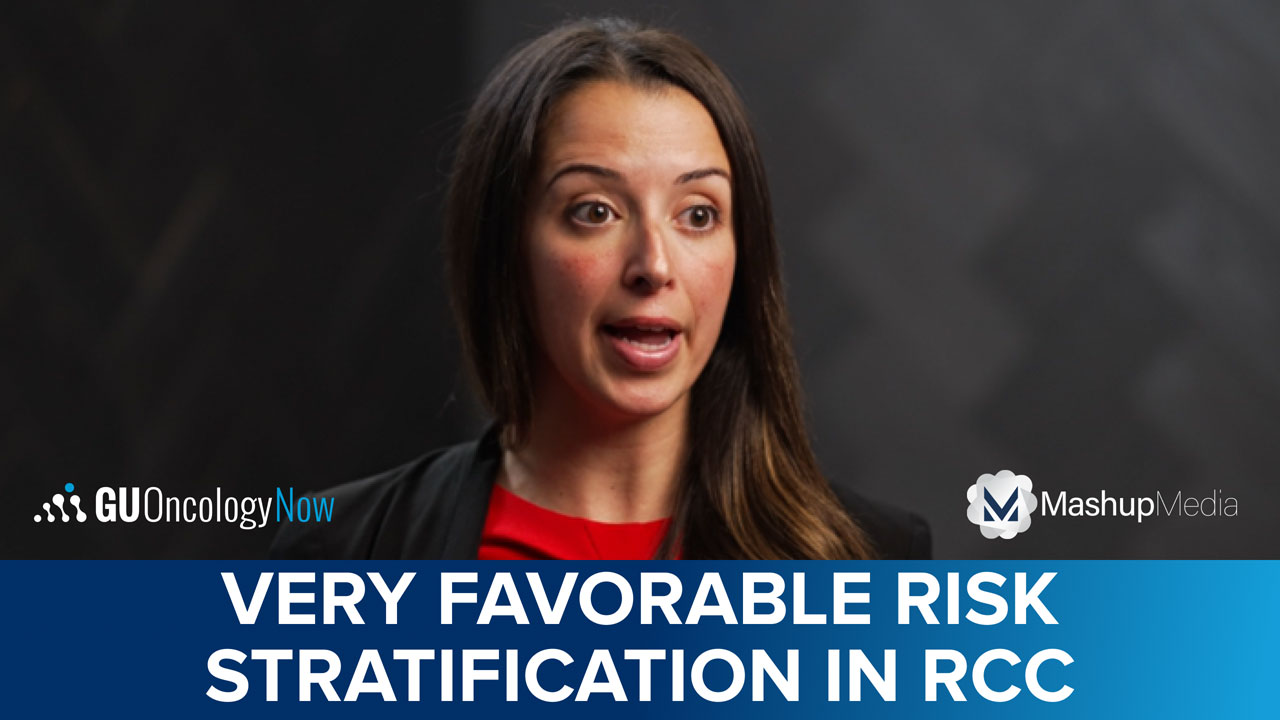
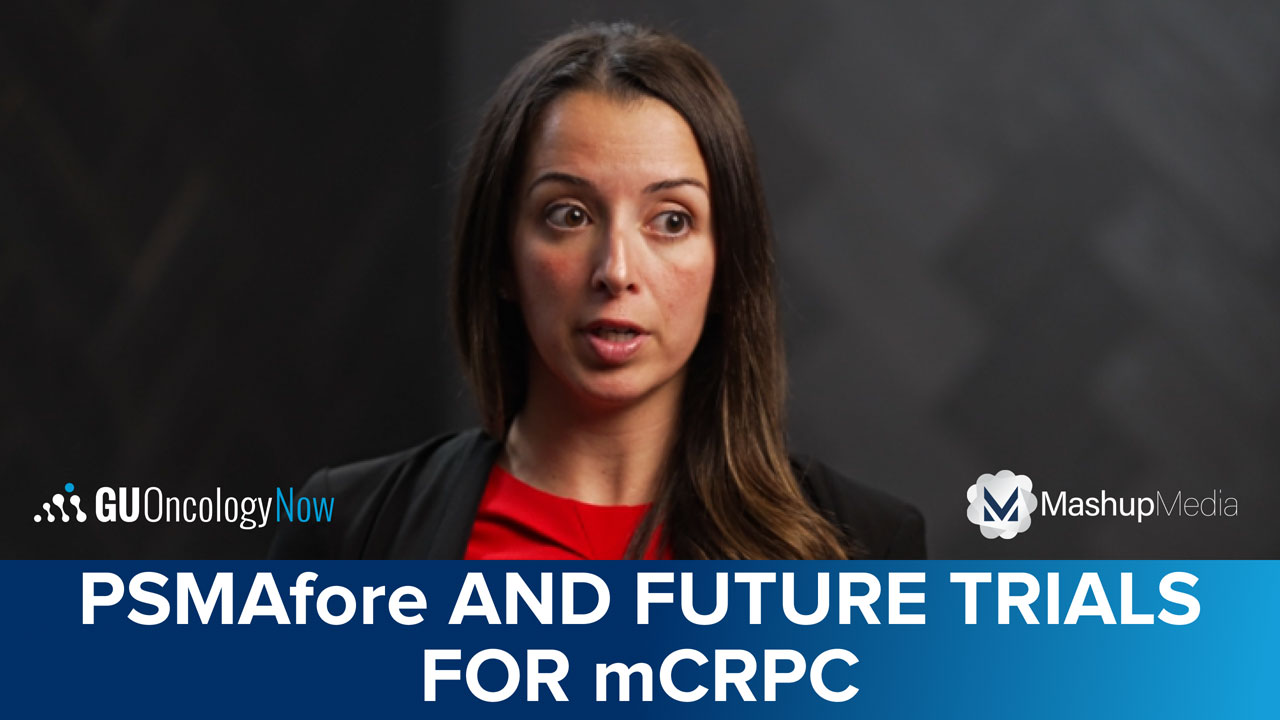
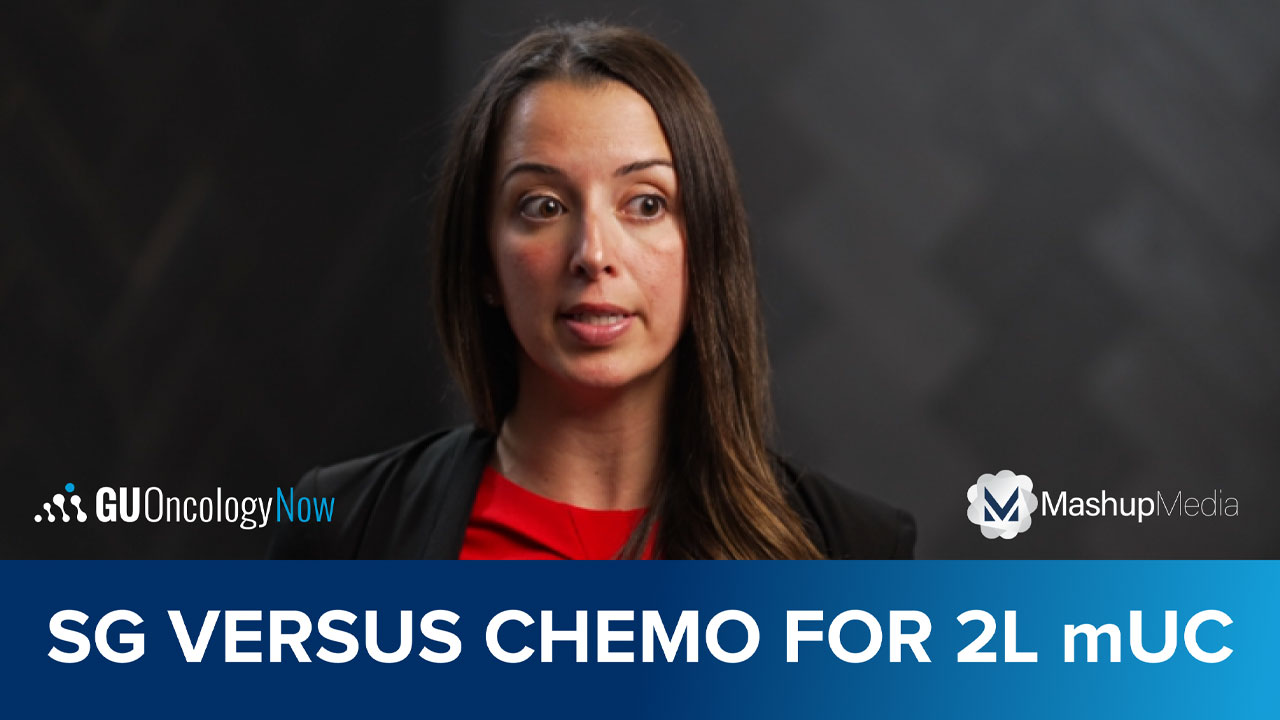
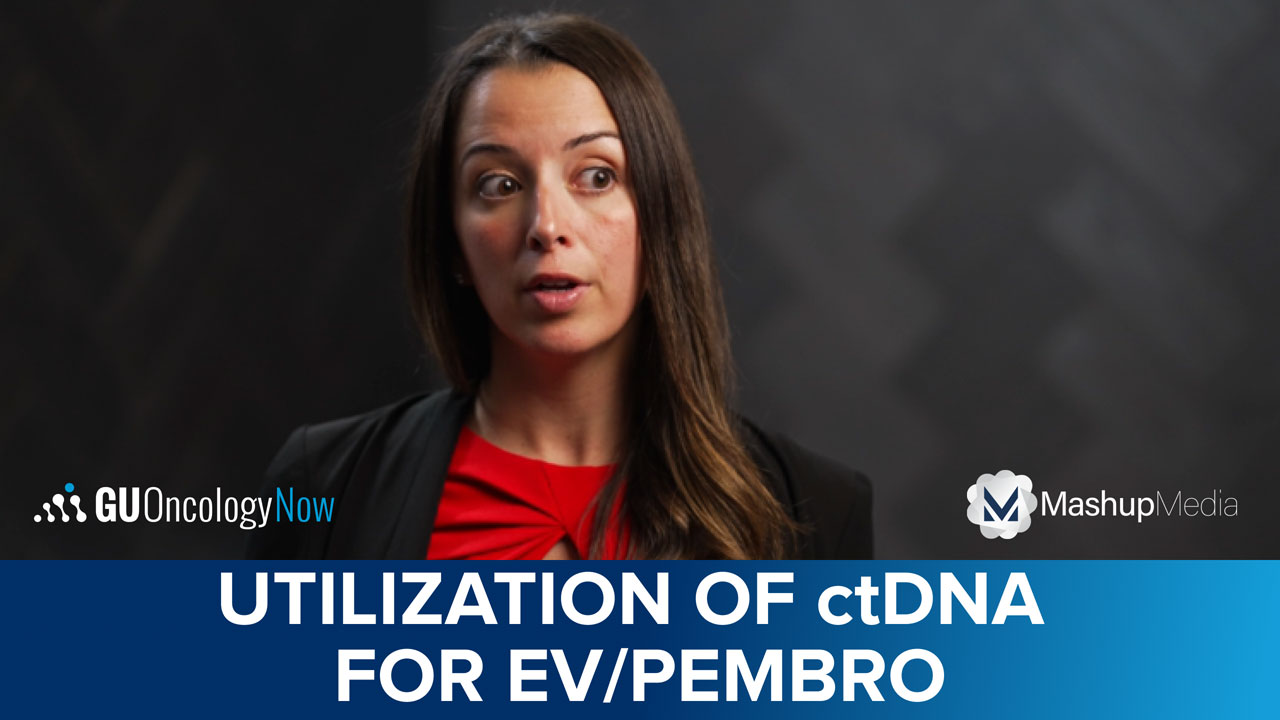
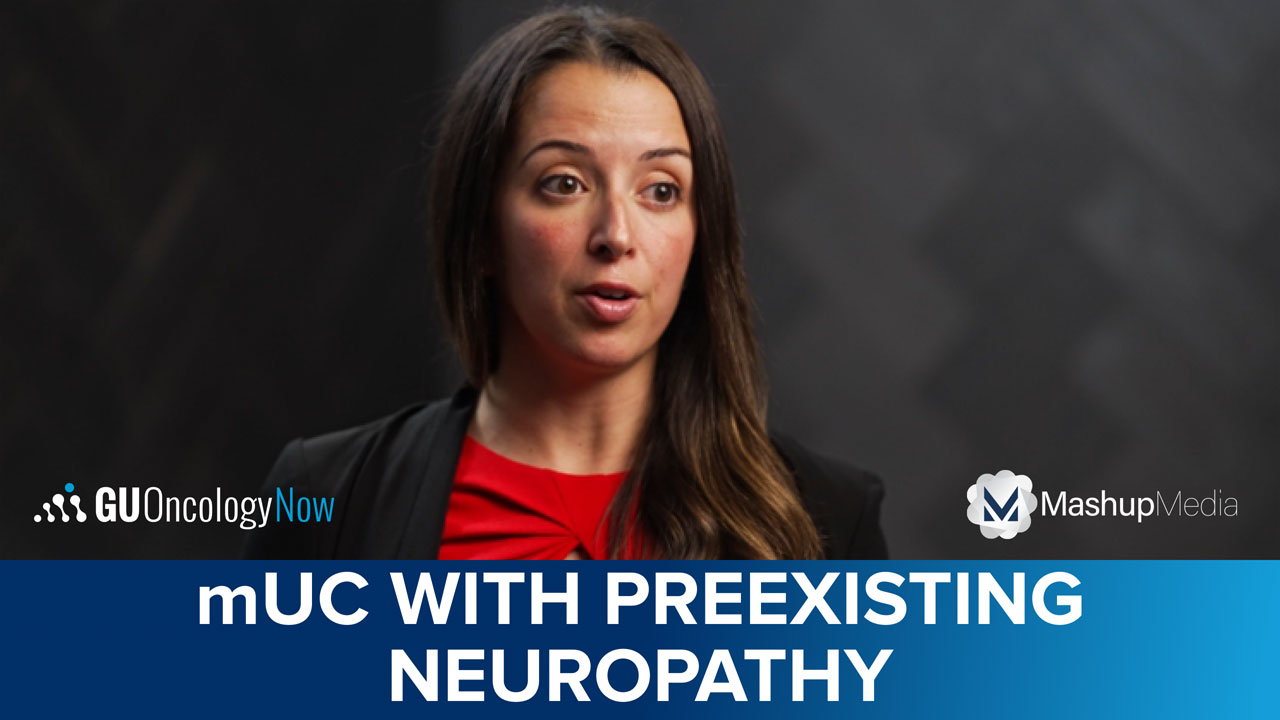

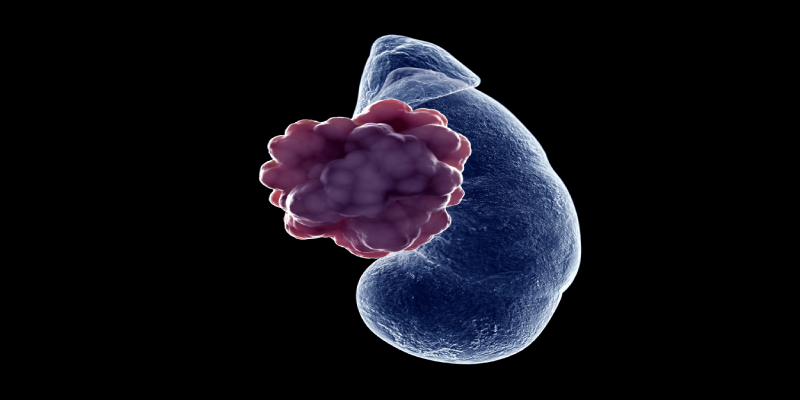
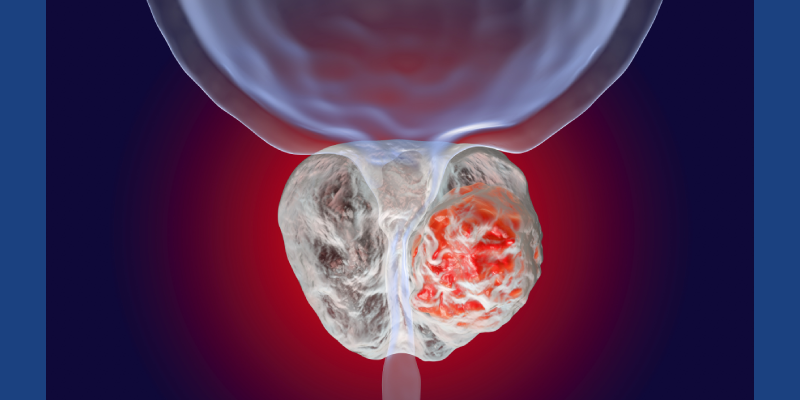

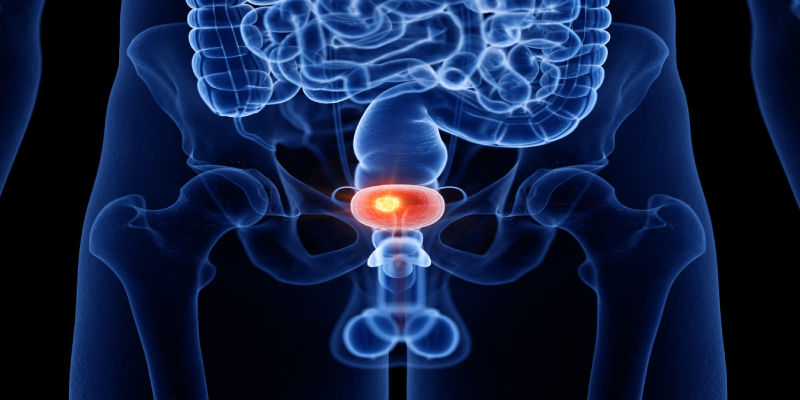
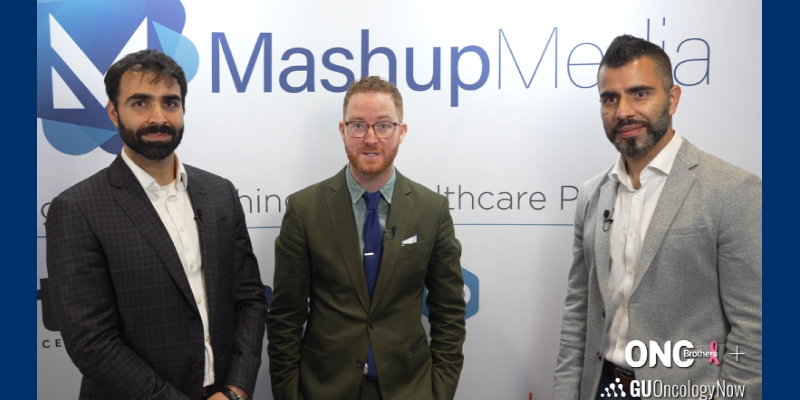
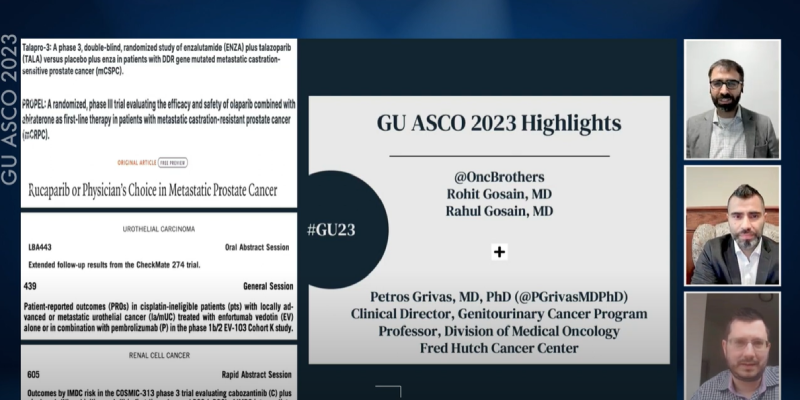
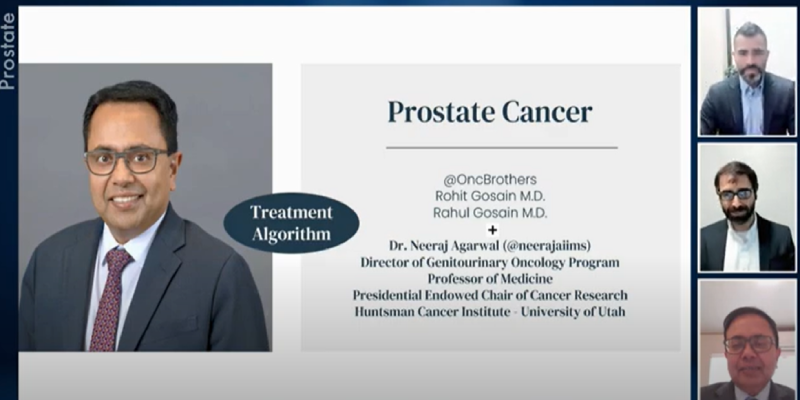
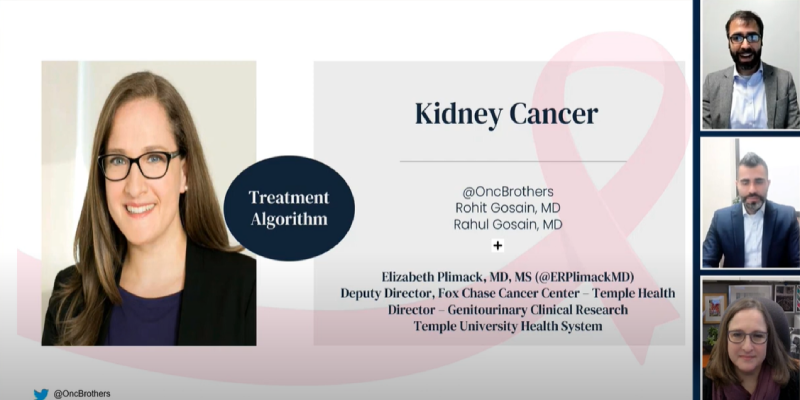
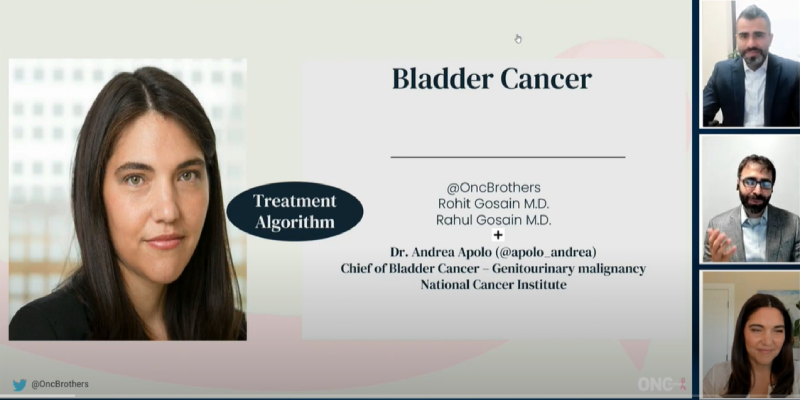

 © 2025 Mashup Media, LLC, a Formedics Property. All Rights Reserved.
© 2025 Mashup Media, LLC, a Formedics Property. All Rights Reserved.